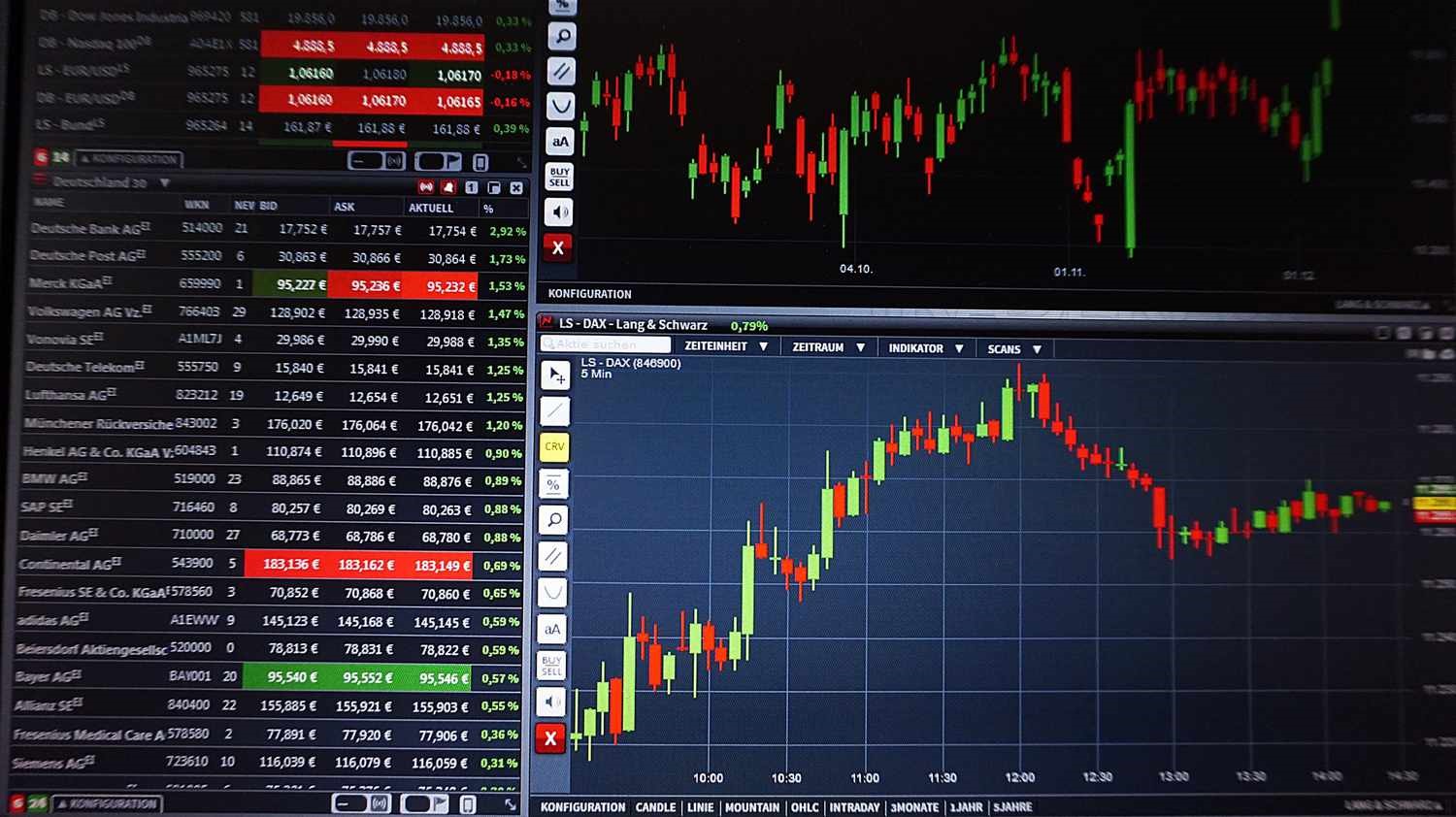Introduction
Trading stocks and other financial products can be a great way to make money, but it is important to be aware of the illegal trading practices that exist in the industry. It is important to educate yourself on these practices so that you can be sure to avoid them and remain in compliance with the law. In this blog post, we will discuss some of the more common illegal trading practices you need to be aware of.
Spoofing
Spoofing is a form of market manipulation that involves placing a large order to buy or sell an asset with no intention of actually completing the trade. This practice is illegal because it manipulates the markets, driving up prices and creating an artificial market sentiment. The trader who places the spoofing order typically cancels the order before it can be filled, and then takes advantage of the market movement they’ve created by making trades in the opposite direction. Spoofing is one of the most common types of market manipulation and is illegal under US law.
Other examples of market manipulation include front-running, churning, wash trades, and Ponzi schemes. Front-running involves a broker or trader who uses nonpublic information to trade on their account before executing client orders. Churning occurs when a broker makes excessive trades in a client’s account to generate commissions for themselves. Wash trades are when a trader buys and sells the same security at the same time and price, often to give the illusion of increased trading volume. And finally, Ponzi schemes involve fraudulent investments where earlier investors are paid returns with money from new investors.

Front-running
Front-running is a type of market manipulation that is illegal. It occurs when an investor with access to non-public information uses it to make trades ahead of the general public. In other words, the investor takes advantage of the fact that they know about a certain stock or security before anyone else does and makes a profit from it. This form of market manipulation involves the insider exploiting the knowledge of their inside information to gain an unfair advantage over other investors.
Examples of front-running include buying shares right before the announcement of positive news, such as an increase in dividends or earnings, or selling shares right before bad news comes out. In either case, the investor profits from the transaction while other investors are stuck holding onto a potentially devalued stock. Front-running also includes taking advantage of order imbalances to buy or sell ahead of larger orders and benefit from short-term price movements.
Churning
Churning is a form of market manipulation where an unscrupulous broker or trader takes advantage of a client by placing excessive trades for their benefit. This is done by making numerous trades in a short period, with no intent to make money for the client. It is considered a form of fraud and can result in severe penalties.
Churning typically involves opening and closing positions over and over again, creating multiple commissions that enrich the broker but not necessarily the customer. This activity can also artificially drive up the price of a security and damage the integrity of the market, making it harder for traders to get accurate pricing information.
Some examples of churning include trading stocks quickly and frequently without the customer’s knowledge, using insider information to take advantage of investors, or making trades without disclosing fees or risks to customers. Churning is illegal and punishable by law, so it’s important to be aware of potential market manipulation examples.

Wash Trades
Wash trades are a form of market manipulation in which a trader trades with themselves, or with an entity related to them. This can be done to create the illusion of higher trading volume and can be used to manipulate the markets by artificially inflating prices or deflating them. This type of market manipulation is illegal and can result in serious consequences for those found guilty of it.
In a wash trade, a trader will buy and sell the same security at the same time at different prices to create the illusion of increased volume in the markets.
This type of market manipulation is typically done to inflate or deflate prices in the market, or to create false signals about the direction of a particular security or the market as a whole. Wash trades can be difficult to detect, as traders can use fake identities, accounts, and orders to carry out the trades.
The consequences for wash trades can be serious. Not only can it result in significant fines from regulatory bodies, but it can also lead to the suspension or banning of traders from the markets. Therefore, it is important for traders to be aware of the risks associated with this type of market manipulation and to avoid engaging in it.
Ponzi Schemes
A Ponzi Scheme is an illegal trading practice where a trader promises large returns on an investment but instead uses the money of new investors to pay off earlier investors. In essence, it’s a form of market manipulation in which the trader uses their funds and that of their investors to artificially inflate the value of the investments they are offering, often to levels far higher than they are worth.
Unlike other forms of market manipulation, Ponzi schemes rely on a continual influx of new investors to remain viable. As more and more people invest in the scheme, it continues to grow until it eventually collapses. Unfortunately, this can leave investors with nothing to show for their hard-earned money.
Ponzi schemes are particularly dangerous because they prey on people who don’t understand the markets or who may be desperate for quick gains. It is important to remember that if an investment opportunity seems too good to be true, then it probably is.
The SEC and other regulatory agencies have cracked hard on these types of fraudulent activities and those who attempt to perpetrate them can face heavy penalties and even jail time. If you are considering investing in something, make sure to do your due diligence and research the company, its past performance, and any reports or news stories related to it. Don’t be tempted by promises of quick profits or unbelievable returns.
Conclusion
The Illegal Trading Practices That You Need to Know are important to be aware of, as they can have serious financial and legal consequences. Knowing the laws and regulations surrounding trading can help you protect yourself and your assets. It is important to remember that engaging in illegal trading practices can lead to criminal charges, civil lawsuits, and significant financial losses. It is best to be aware of the laws and regulations surrounding trading and to adhere to them to ensure that your trading activities are conducted legally and ethically.
